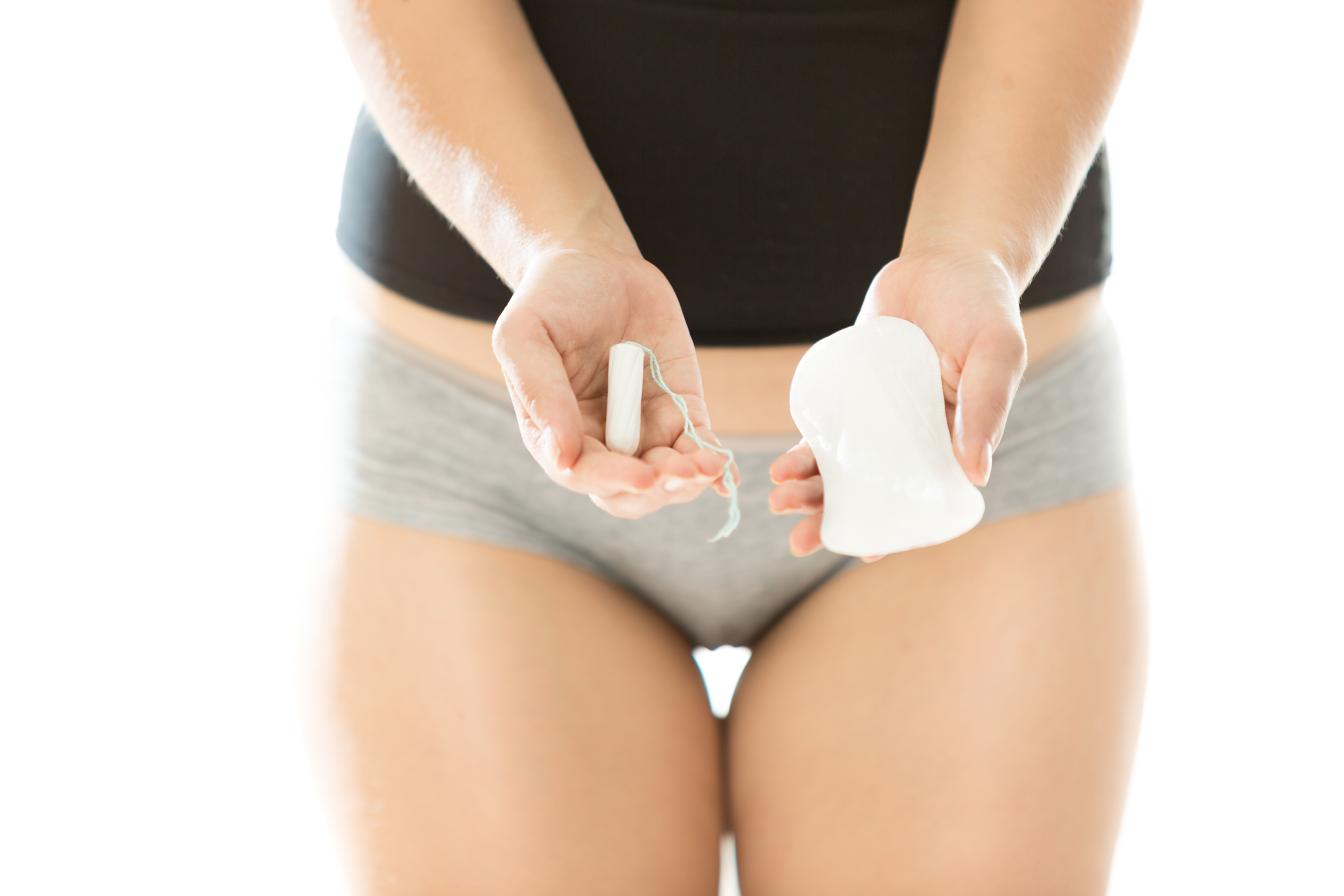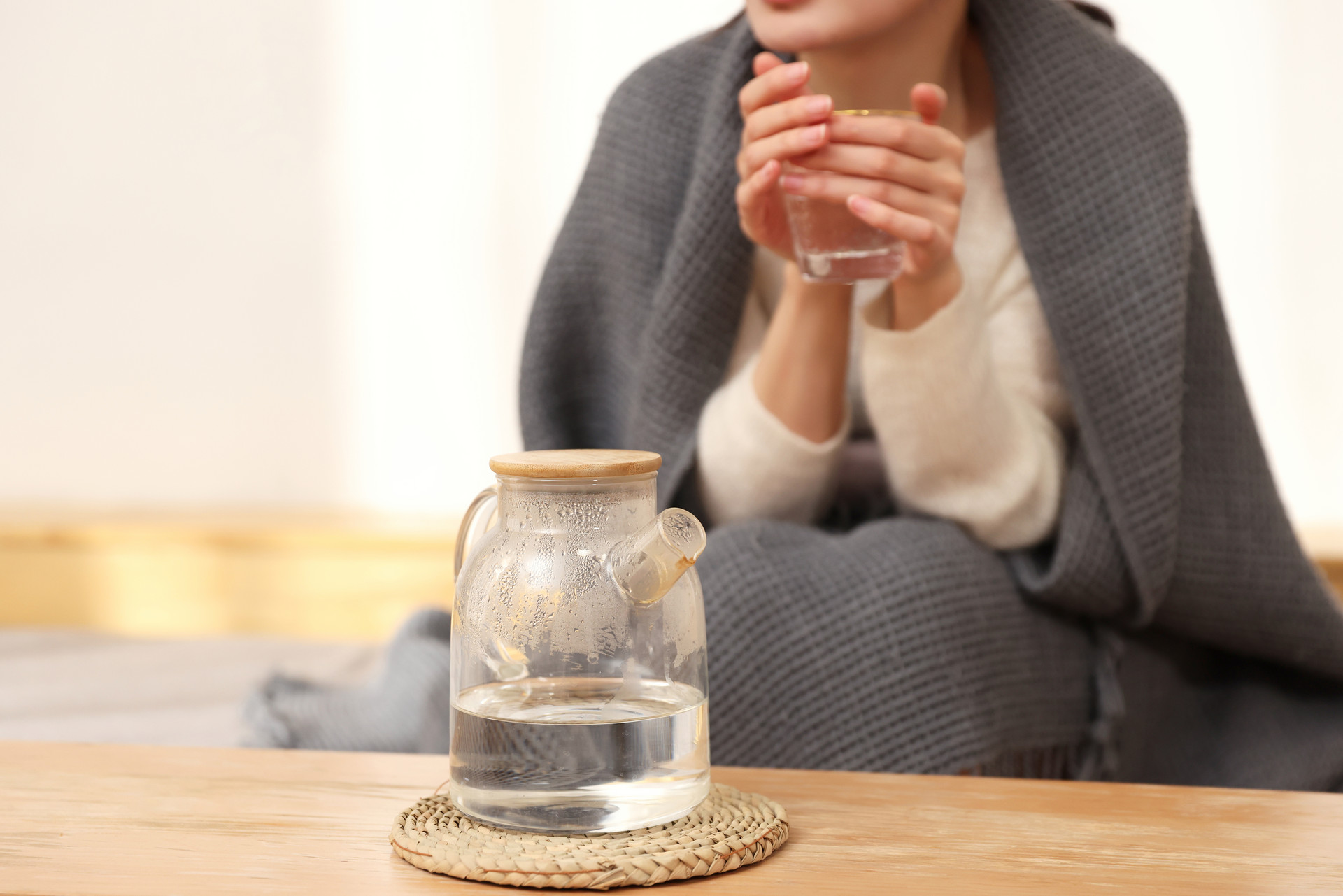Urinary tract infections are a common problem in women, especially during hot and humid seasons. If you experience symptoms such as frequent urination, urgency, and pain during urination, sometimes accompanied by lower back pain and lower abdominal discomfort, chances are you have a urinary tract infection. The hot weather promotes the rapid growth and reproduction of bacteria, making it easy for urinary tract infections to occur. During the hot season, the number of urinary tract infections increases significantly, especially in women. The incidence rate is more than 50% higher than in winter, and it is more common in women aged 20 to 50. Improper treatment of urinary tract infections can easily lead to chronic infections, and in severe cases, it can cause kidney failure, uremia, and other serious consequences. Therefore, women should pay special attention to preventing urinary tract infections during the hot season.
Hot weather is more likely to cause urinary tract infections in women
First of all, from an external perspective, high temperatures and sudden heavy rains create favorable conditions for the growth and reproduction of bacteria due to high humidity in the air. Normal people have bacteria in the terminal of the urethra, but the epithelial cells of the urethra have strong resistance, and bacteria can be washed away every time they urinate, so infections generally do not occur. However, during the unbearable heat, people's resistance decreases relatively due to reduced sleep and loss of appetite, and sweating increases. Women have abundant sweat glands in their external genitalia, making it easy for the local area to remain moist for a long time, allowing bacteria to take advantage. If water is not replenished in a timely manner, urine becomes concentrated and urination decreases, reducing the flushing effect on bacteria, thus causing urinary tract infections.
Secondly, it is related to the physiological structure of women. The female urethra is short, only about 3-5 centimeters, with a large urethral opening, making it easy for bacteria to invade the bladder. The female urethral opening is close to the vagina and anus, and the epithelial cells of the urinary tract are more prone to bacterial adhesion and sensitivity than in males. Menstrual blood is also a good culture medium for bacteria, and if hygiene of the external genitalia is not taken into consideration, bacteria can easily multiply. During sexual intercourse, the urethral opening moves inward, and the vagina and bladder neck become congested. In women with short urethras, inflammation is more likely to occur. During pregnancy, childhood, or after menopause, hormonal changes and pH value changes make infections more likely to occur.
Furthermore, with the improvement of living standards and increased life stress, people have developed bad habits such as sitting for a long time or driving for long periods of time due to various reasons. Some people are too busy with work to take a break, and some refuse to leave the "battlefield" in order to play cards or chess, but not being able to urinate in a timely manner when feeling the need to urinate is very detrimental to health. As the saying goes, "running water does not rot," normal urination not only helps eliminate metabolic waste from the body but also has a self-cleaning effect on the urinary system. Holding urine is more harmful to women than men. Holding urine for a long time allows more urine containing bacteria and toxic substances to accumulate in the bladder without being promptly eliminated, which can easily cause cystitis, urethritis, painful urination, blood in urine, or urinary incontinence. In severe cases, urinary tract infections can spread to the kidneys, causing pyelonephritis and even affecting kidney function.
Lastly, during hot and humid weather, people often have reduced sleep and loss of appetite, which leads to a relatively decreased resistance. At this time, seeking coolness or swimming can be risky factors for infection or recurrent urinary tract infections.
Comprehensive strategies for the prevention and treatment of urinary tract infections
1. Cultivate good habits
Drink plenty of water: Consume more than 3000 milliliters of water daily to promote diuresis, flush out parasitic bacteria in the urinary tract, and eliminate the risk of infection;
Emphasize personal hygiene: Take frequent showers, change underwear frequently, wear breathable and absorbent cotton underwear, pay attention to hygiene during sexual intercourse, and wipe clean from the external genitalia towards the anus after defecation;
Do not hold urine: Urinate every 2-3 hours to prevent bacterial proliferation in the urinary tract. Avoid developing bad habits such as alcohol consumption, prolonged sitting, and long-term driving. Do not delay going to the bathroom when experiencing urgency;
2. Appropriate diet and lifestyle
Regulate emotions: Since the occurrence of urinary tract infections is closely related to decreased resistance and mental stress, susceptible individuals should maintain a cheerful mood and avoid excessive fatigue and long-term mental stress. This is the basic condition for preventing recurrent urinary tract infections.
Rest properly: Ensure sufficient sleep, engage in regular physical exercise, and pay attention to nutritional supplementation to enhance physical fitness. Strike a balance between work and rest, and rest in bed during treatment, as it is an important part of the healing process. According to traditional Chinese medicine theory, "lying in bed allows blood to return to the liver and kidneys," which emphasizes the promotion of blood circulation in the urinary system during bed rest. This promotes the repair of the affected area.
Light diet: Patients should consume a light diet and avoid eating highly stimulating foods such as chili, ginger, onions, garlic, etc. Avoid drinking alcohol. During the recovery period, it is advisable to eat more kidney-nourishing foods such as lean meat, fish, shrimp, black fungus, etc., to enhance physical fitness and improve immune function. During the onset period, consume easily digestible and nutrient-rich foods.
| 1 2 > >> >>|




